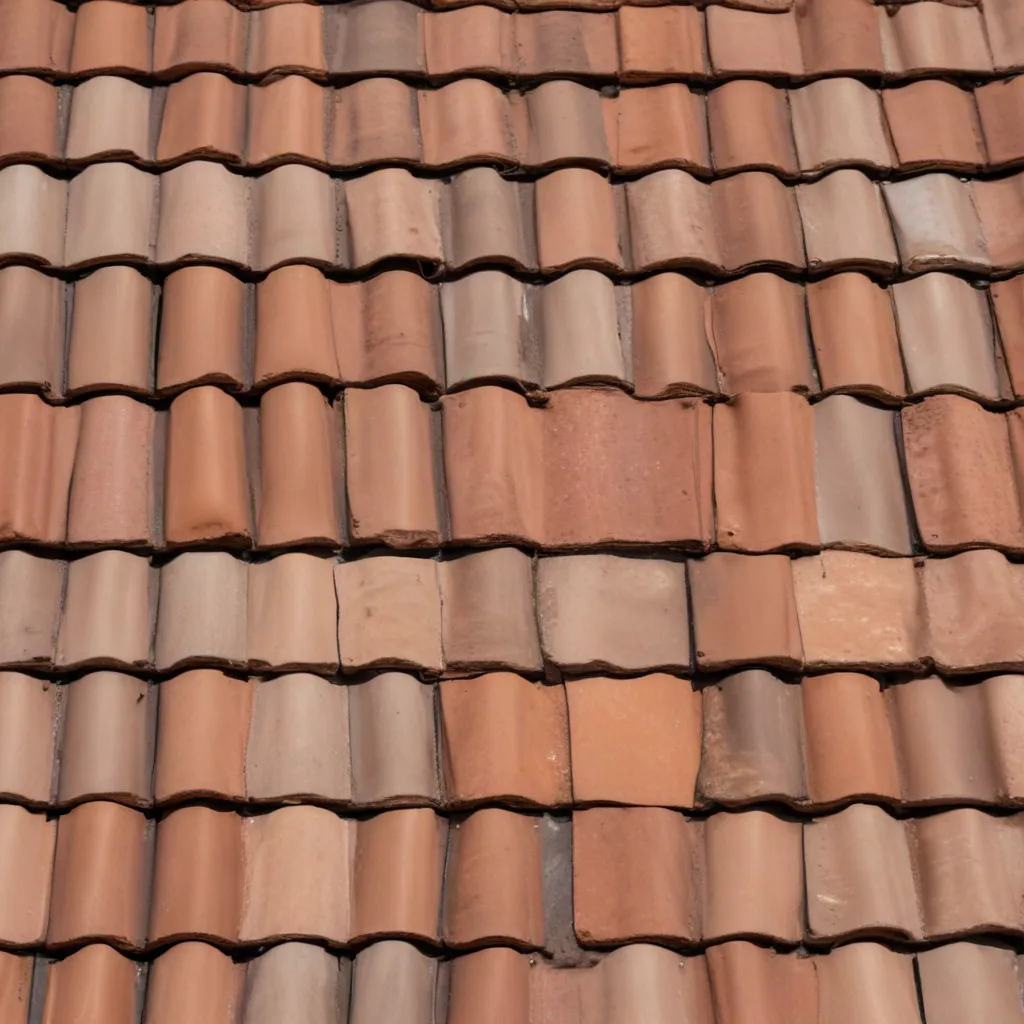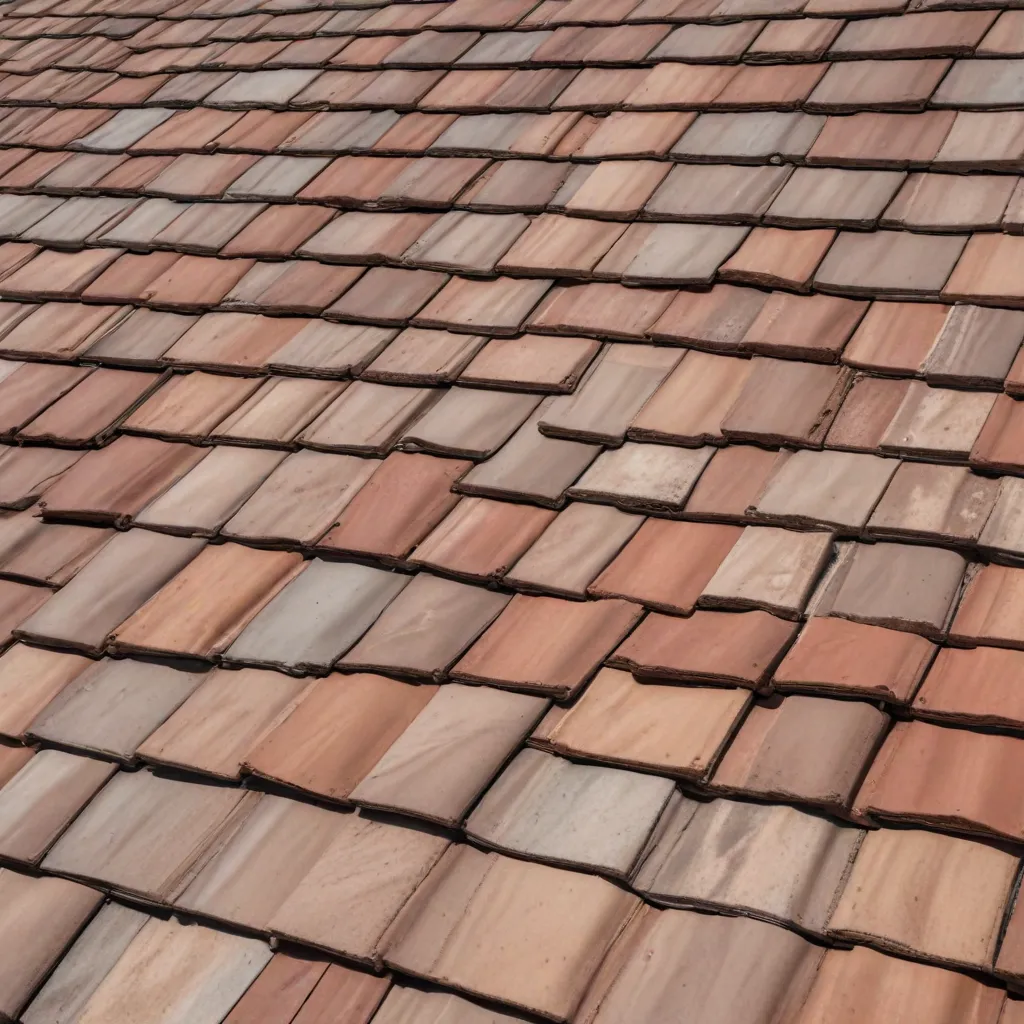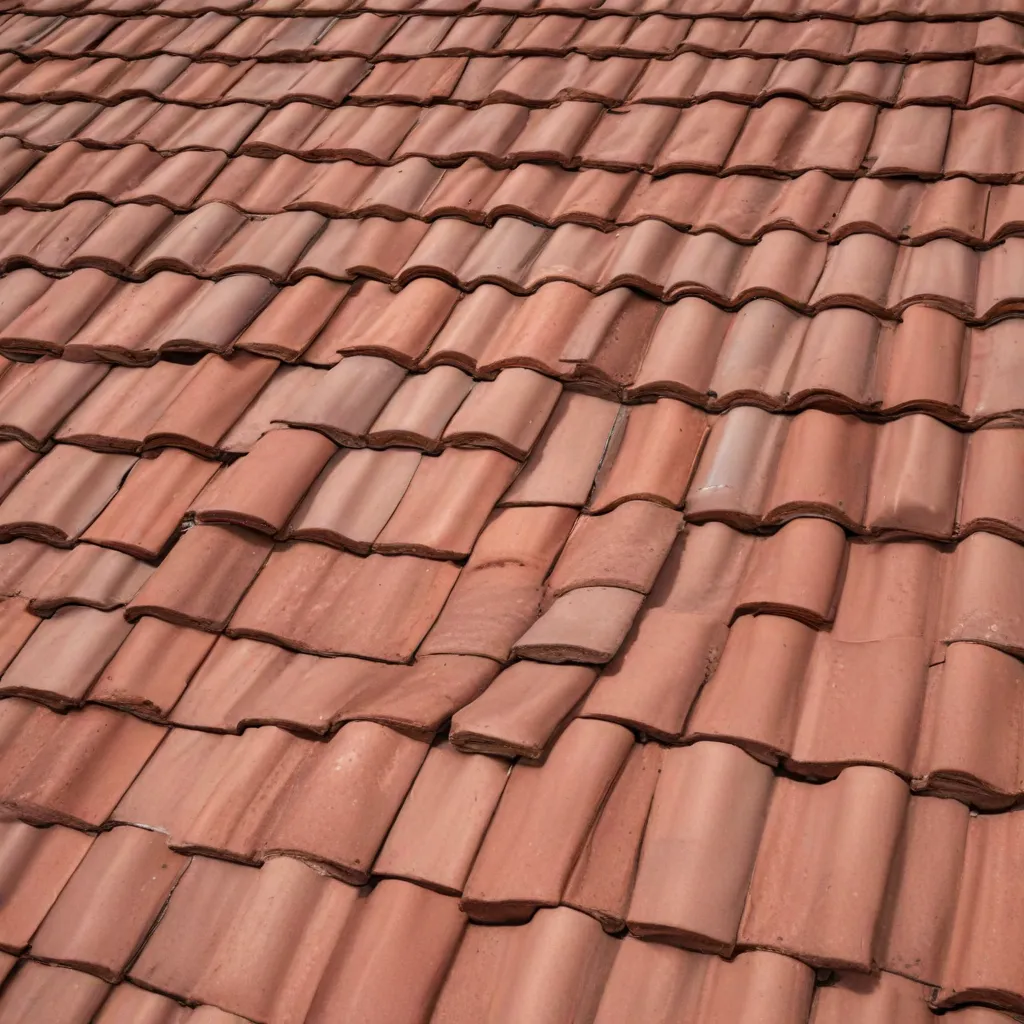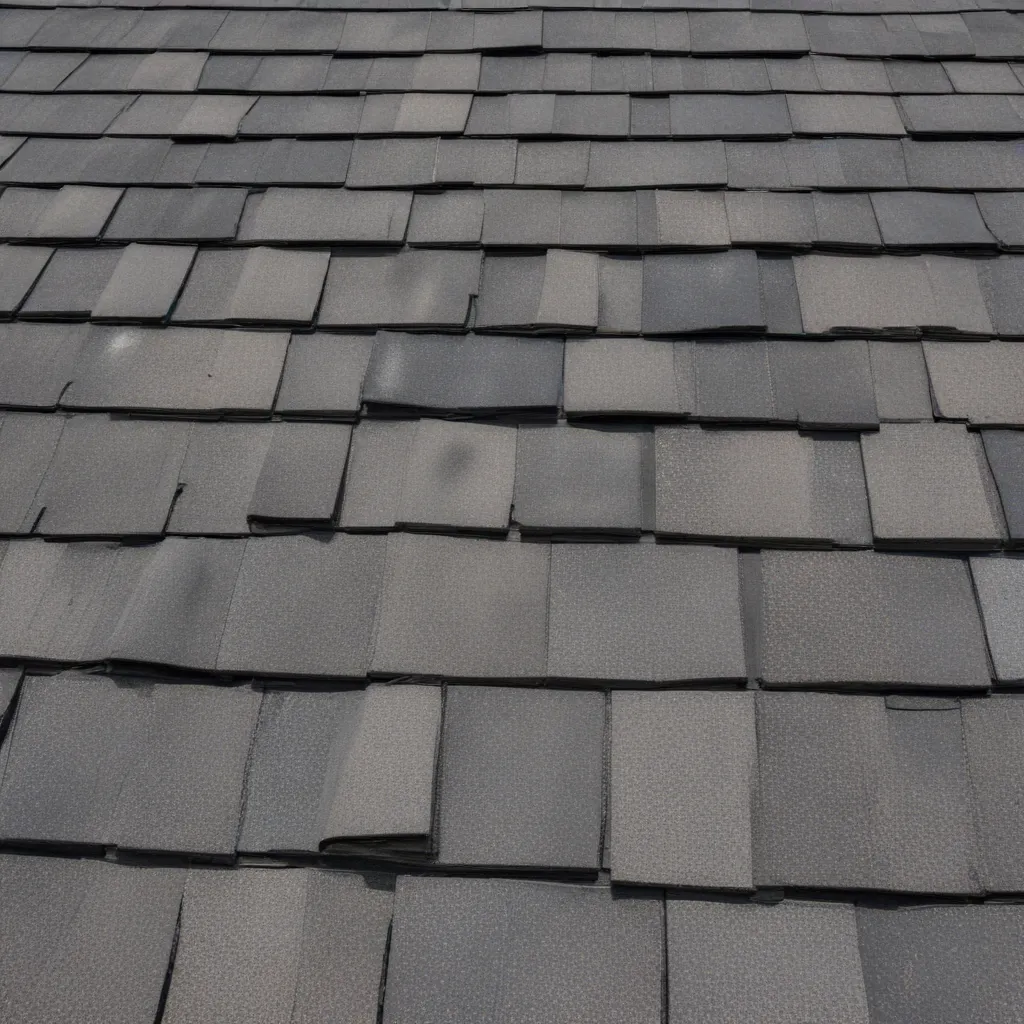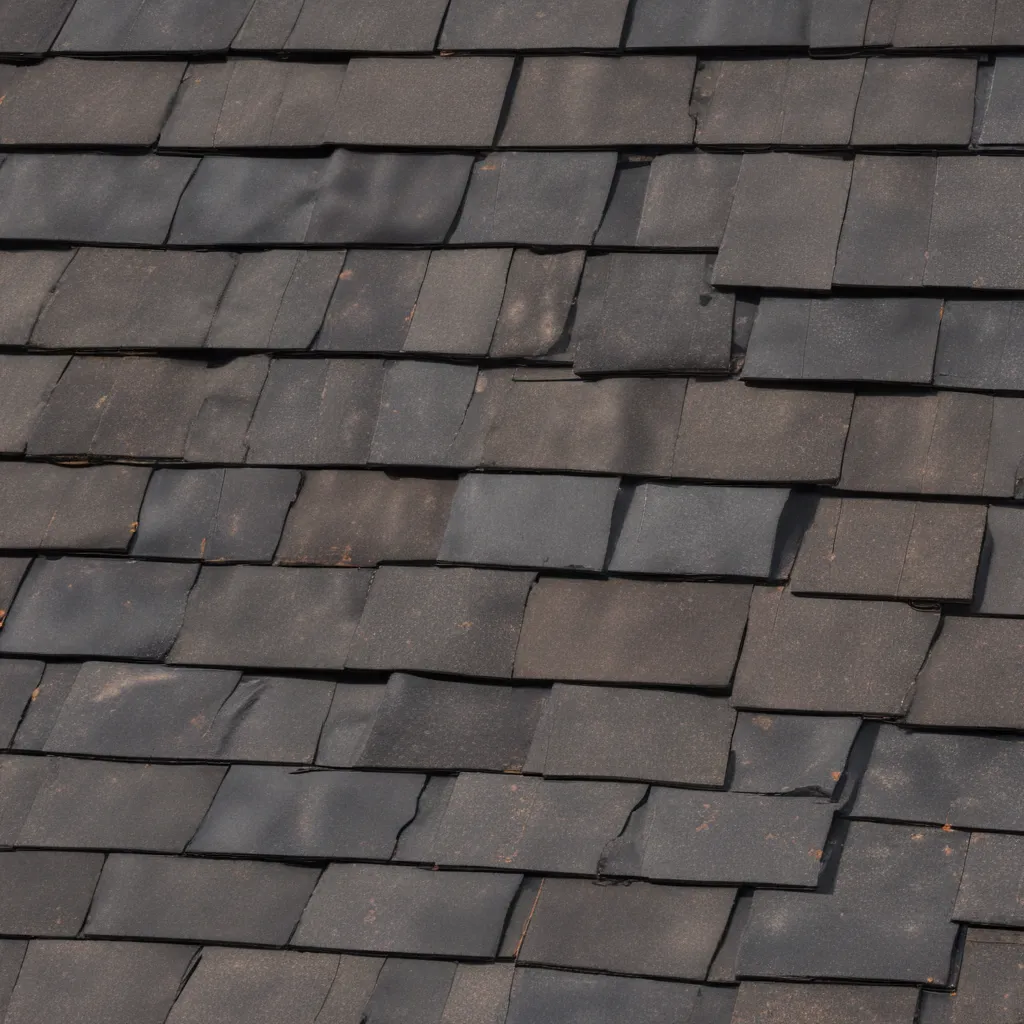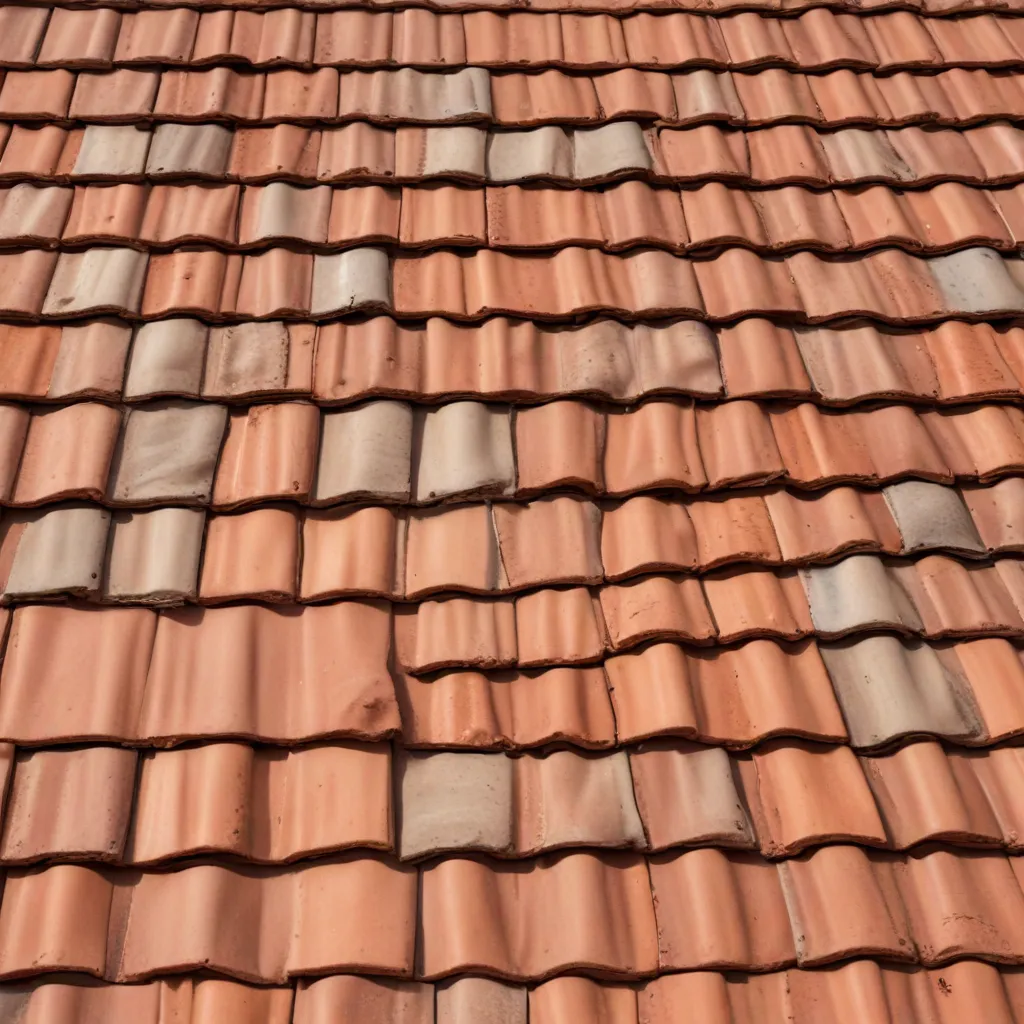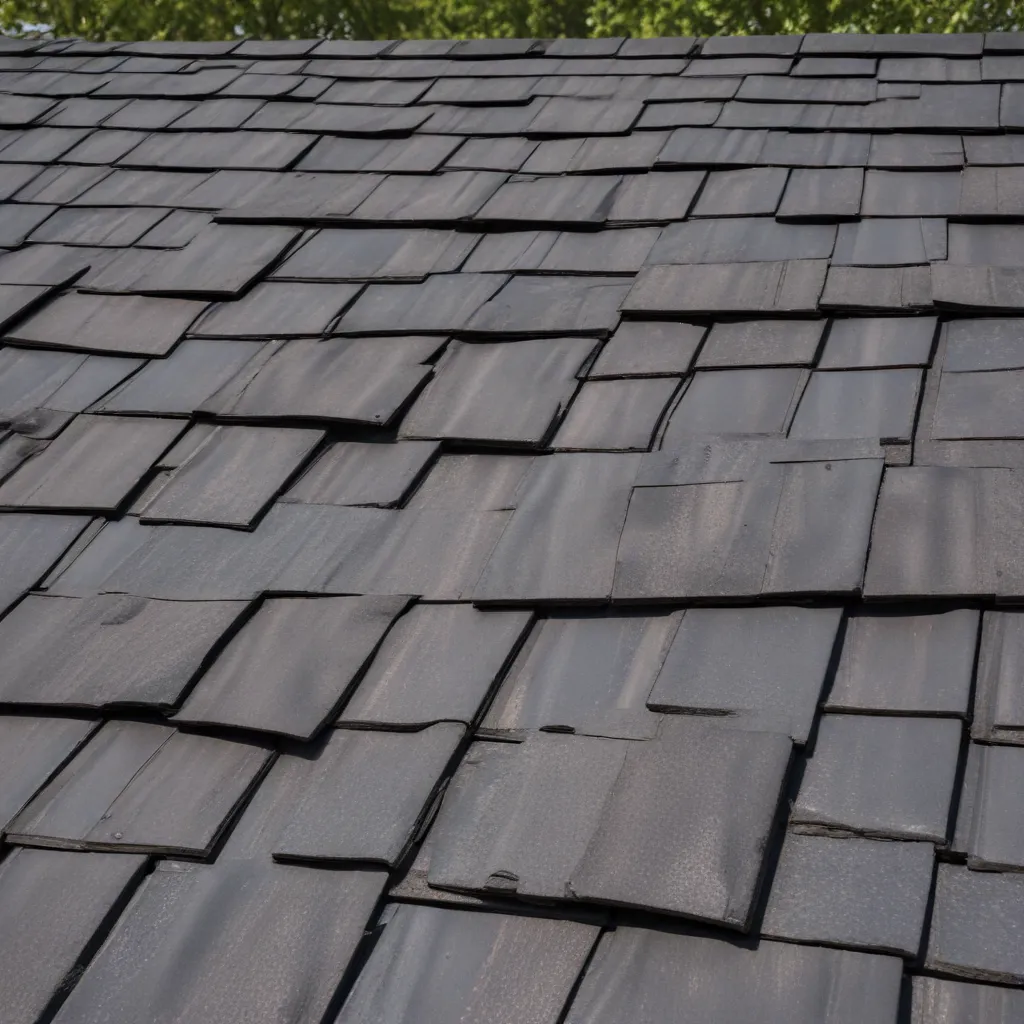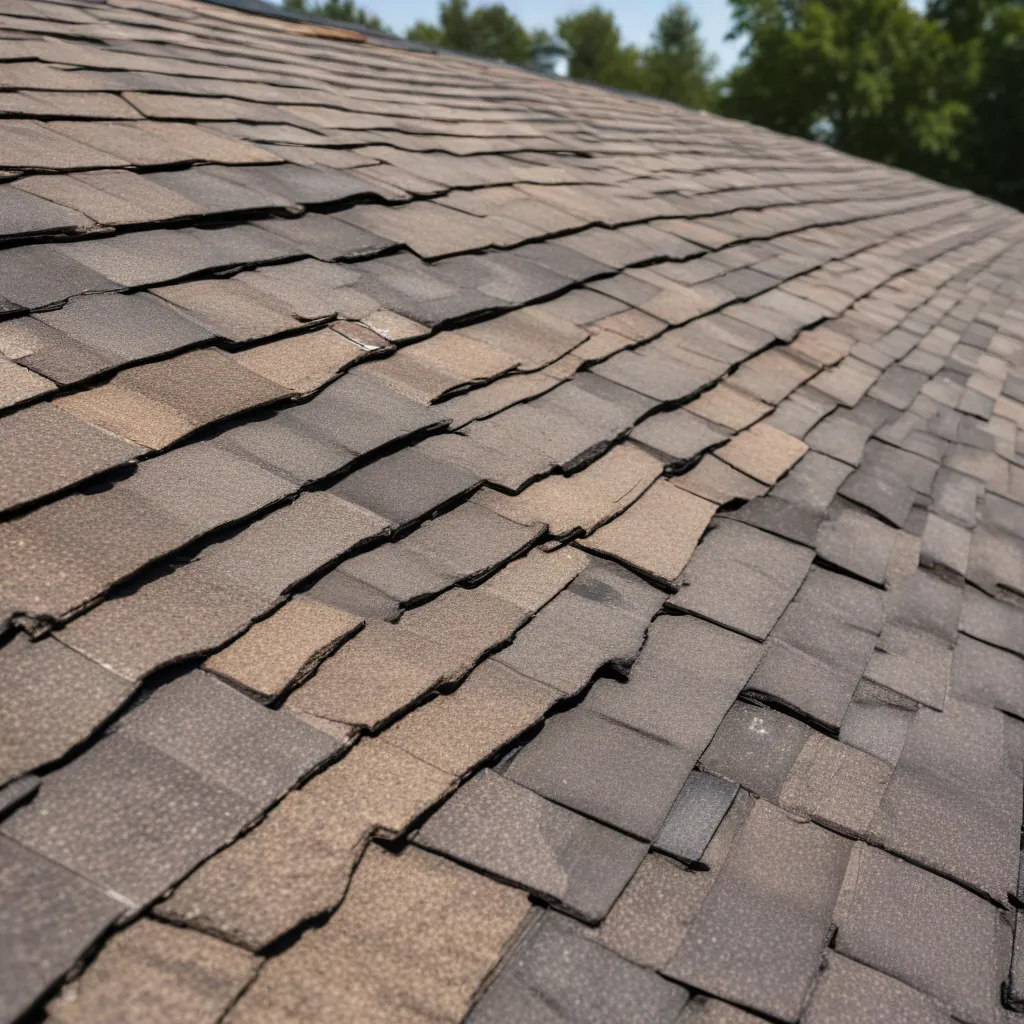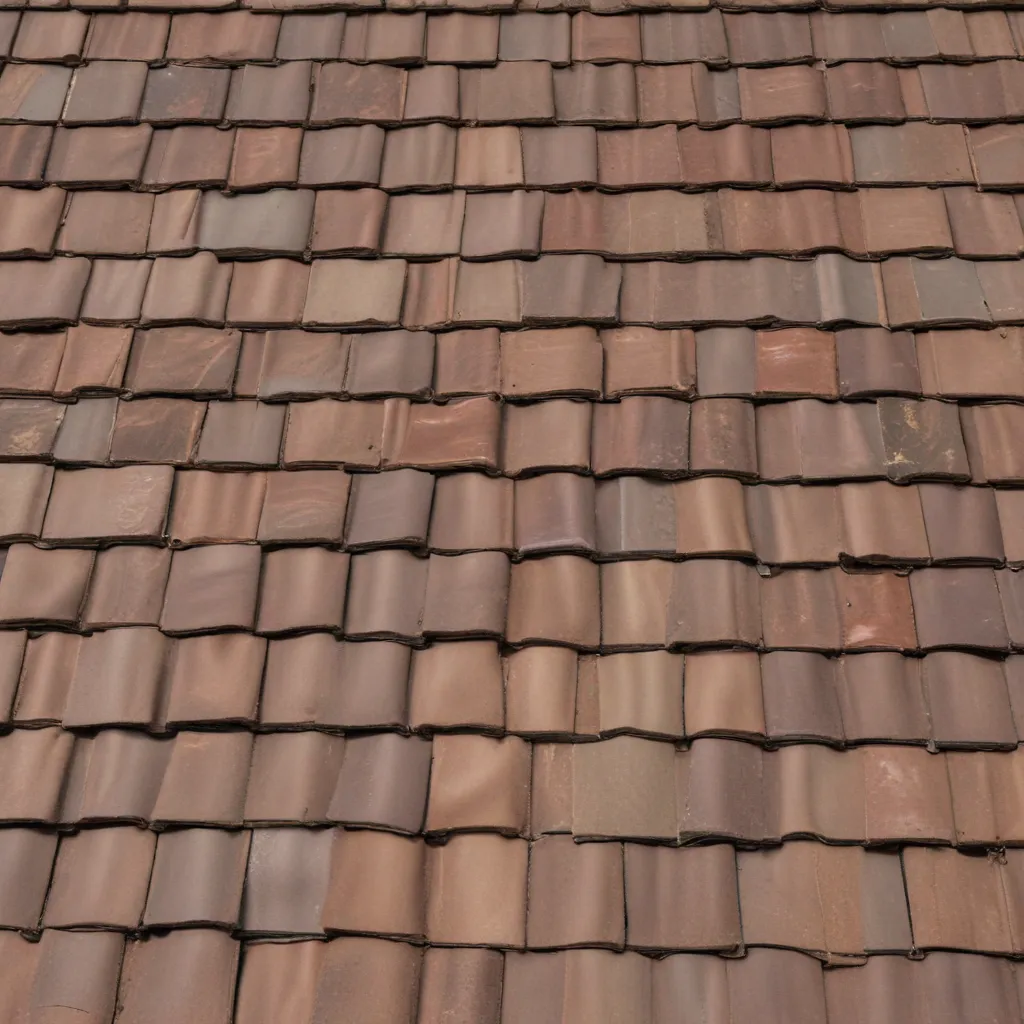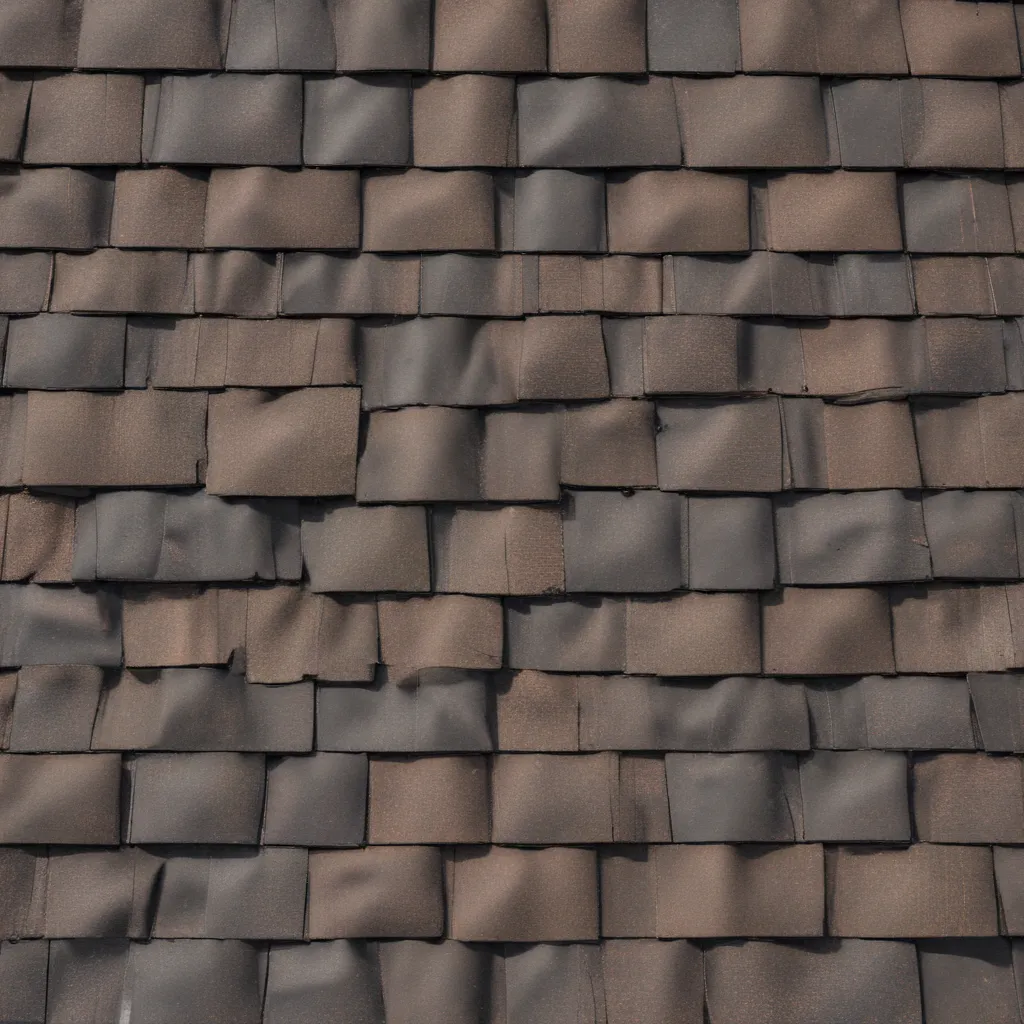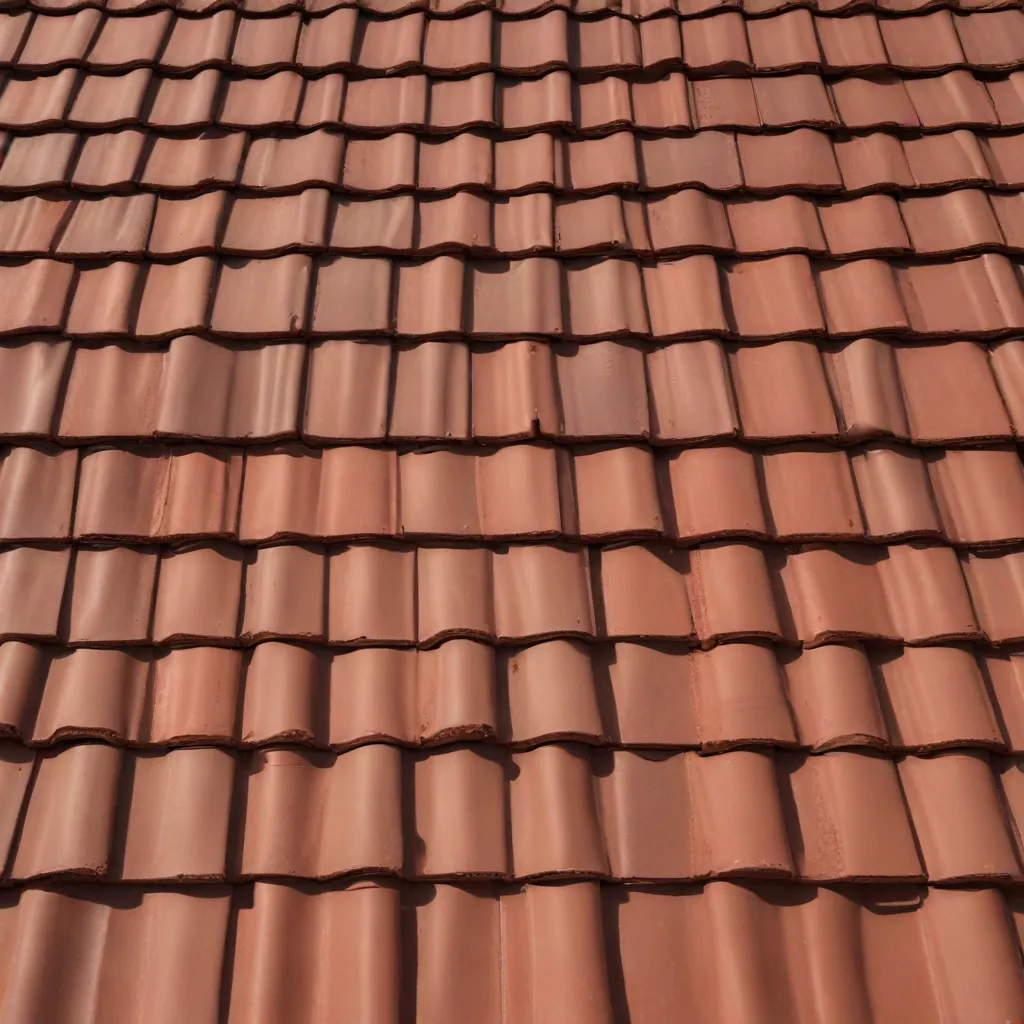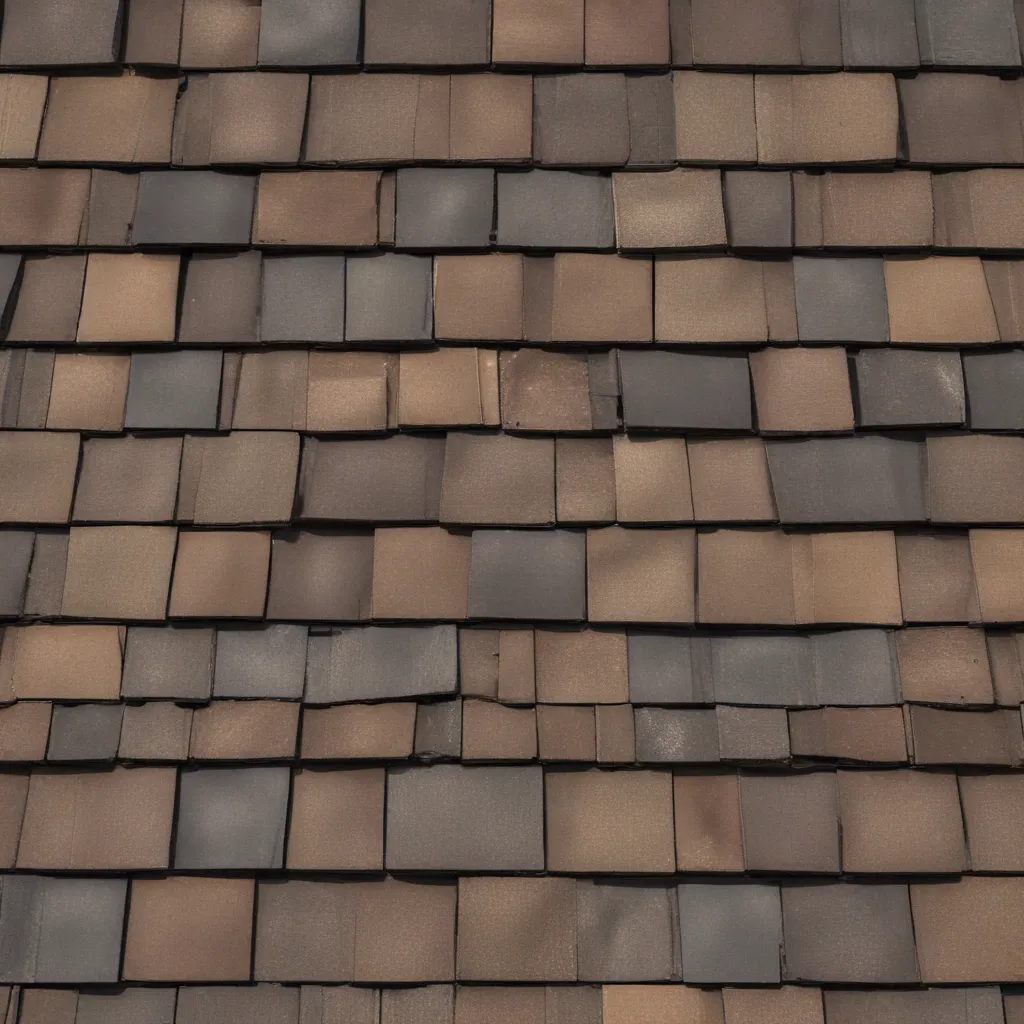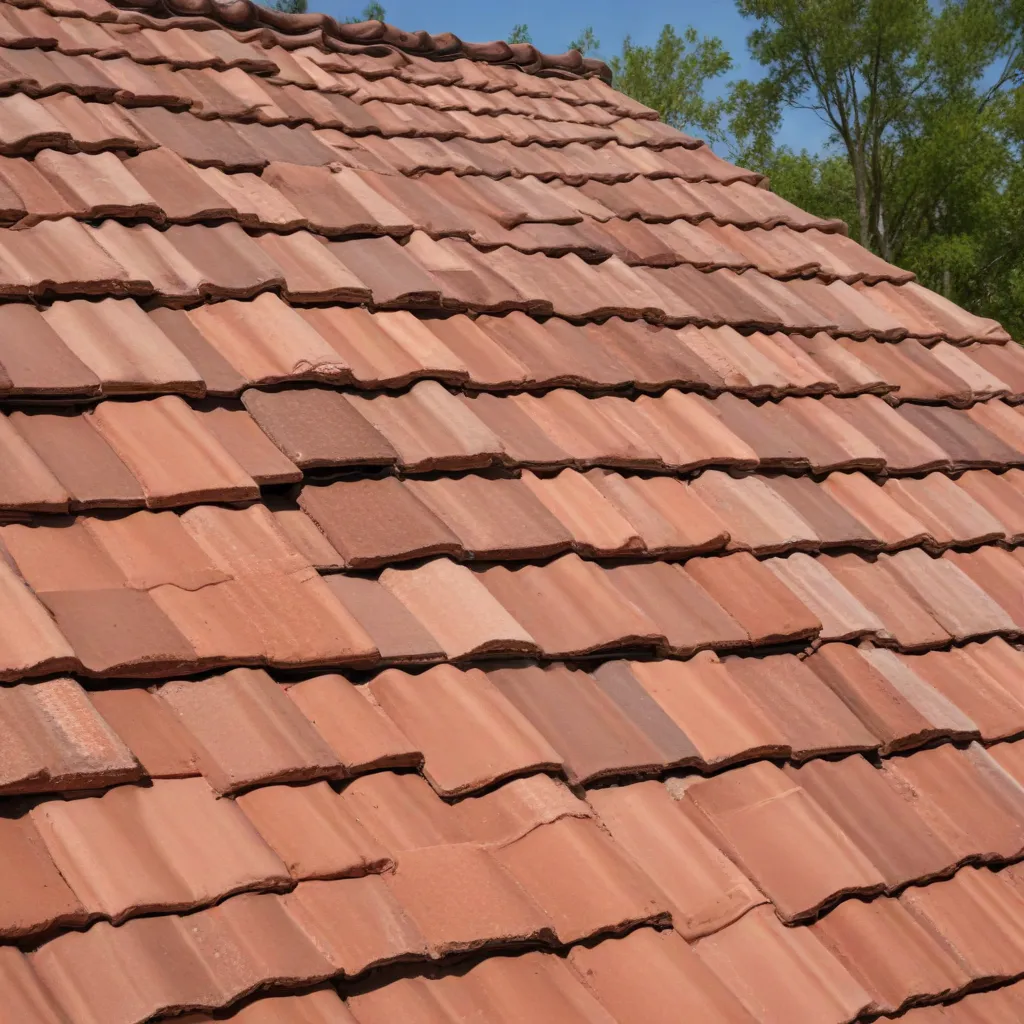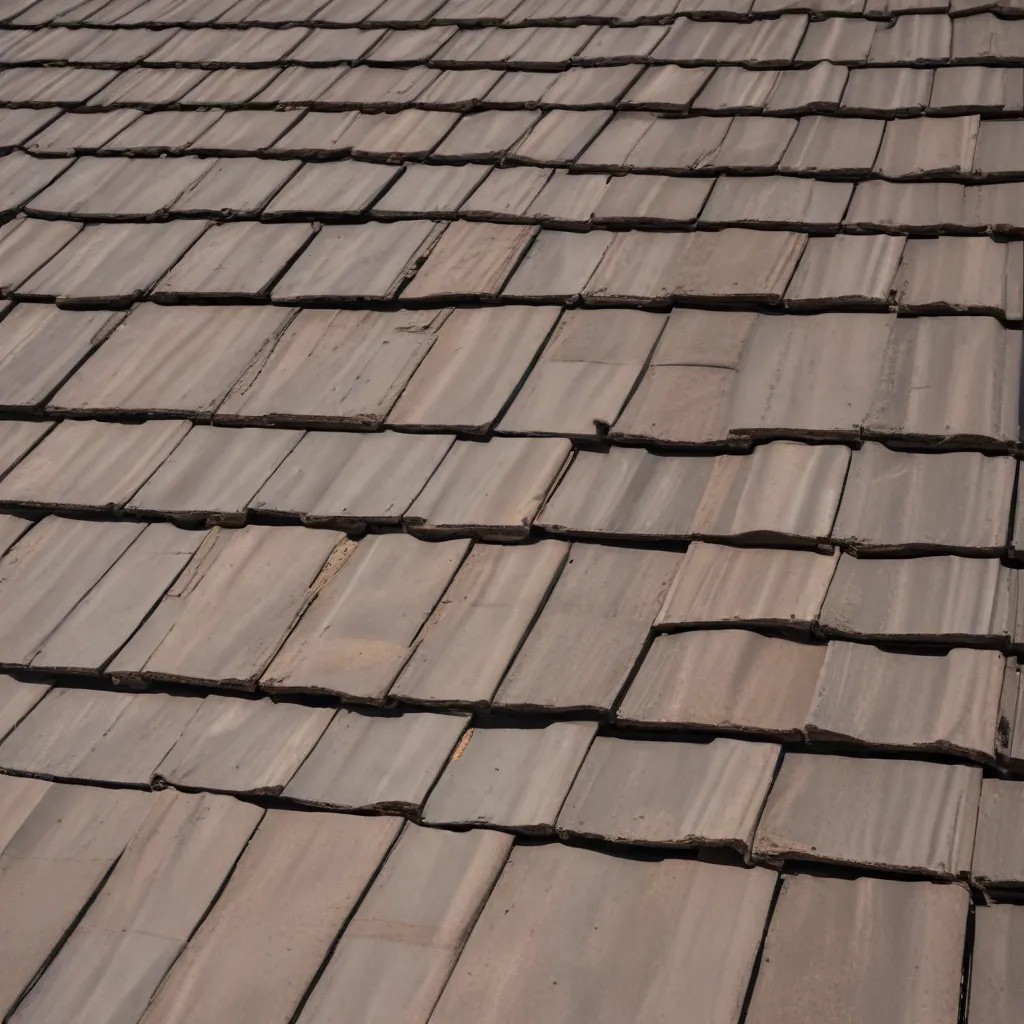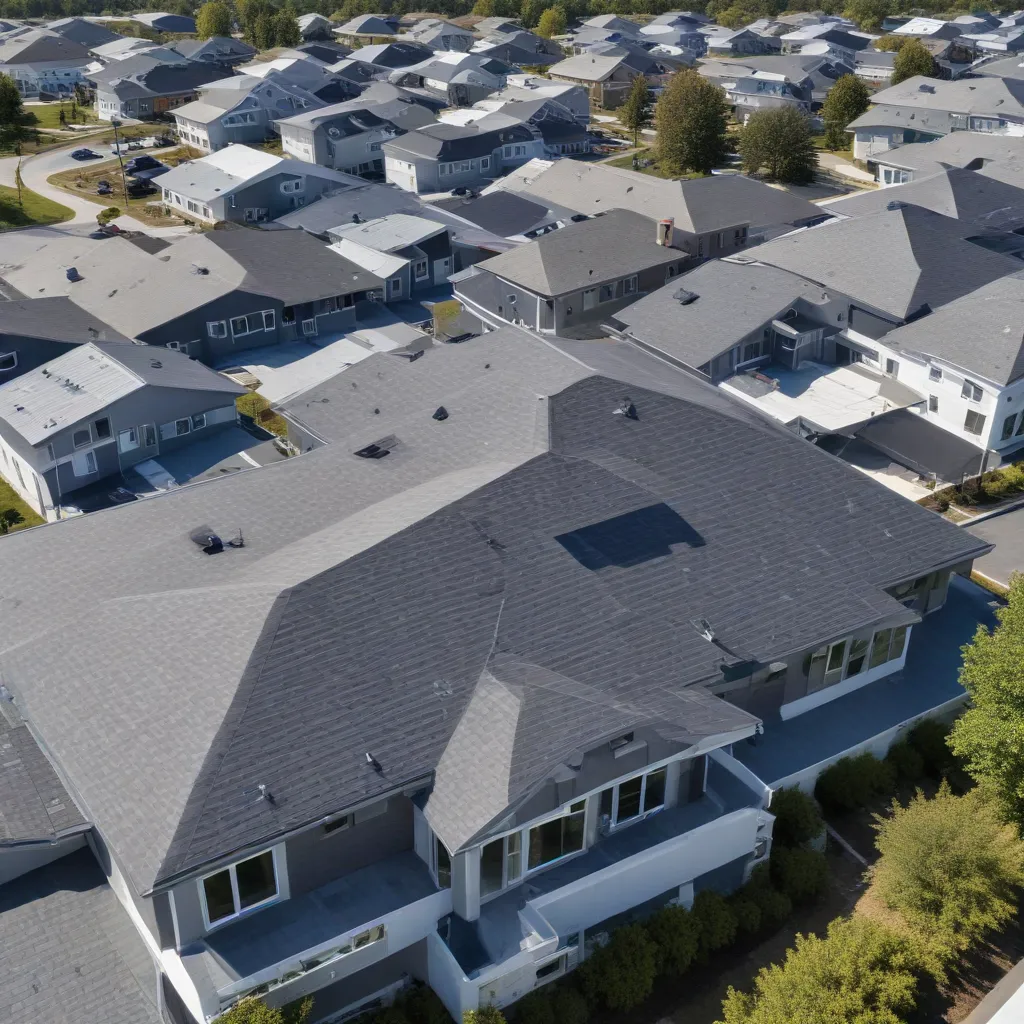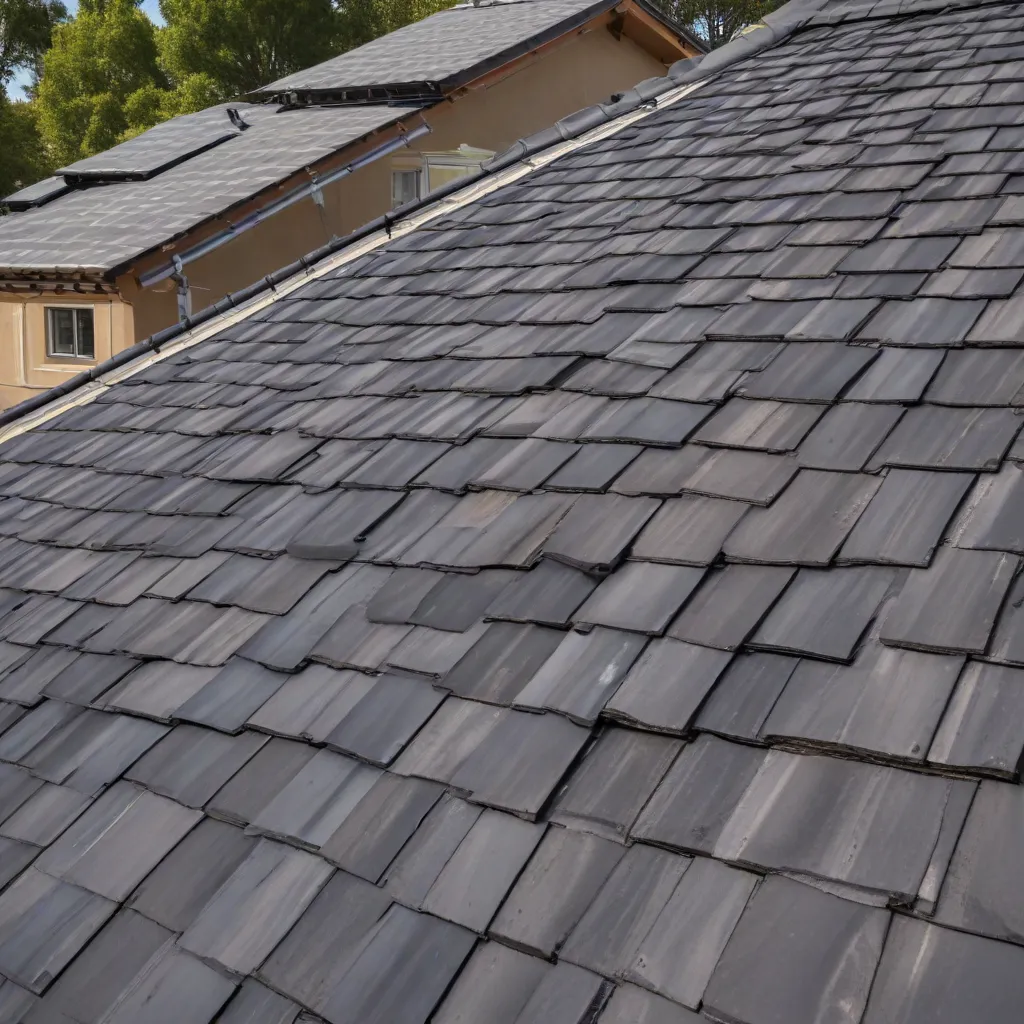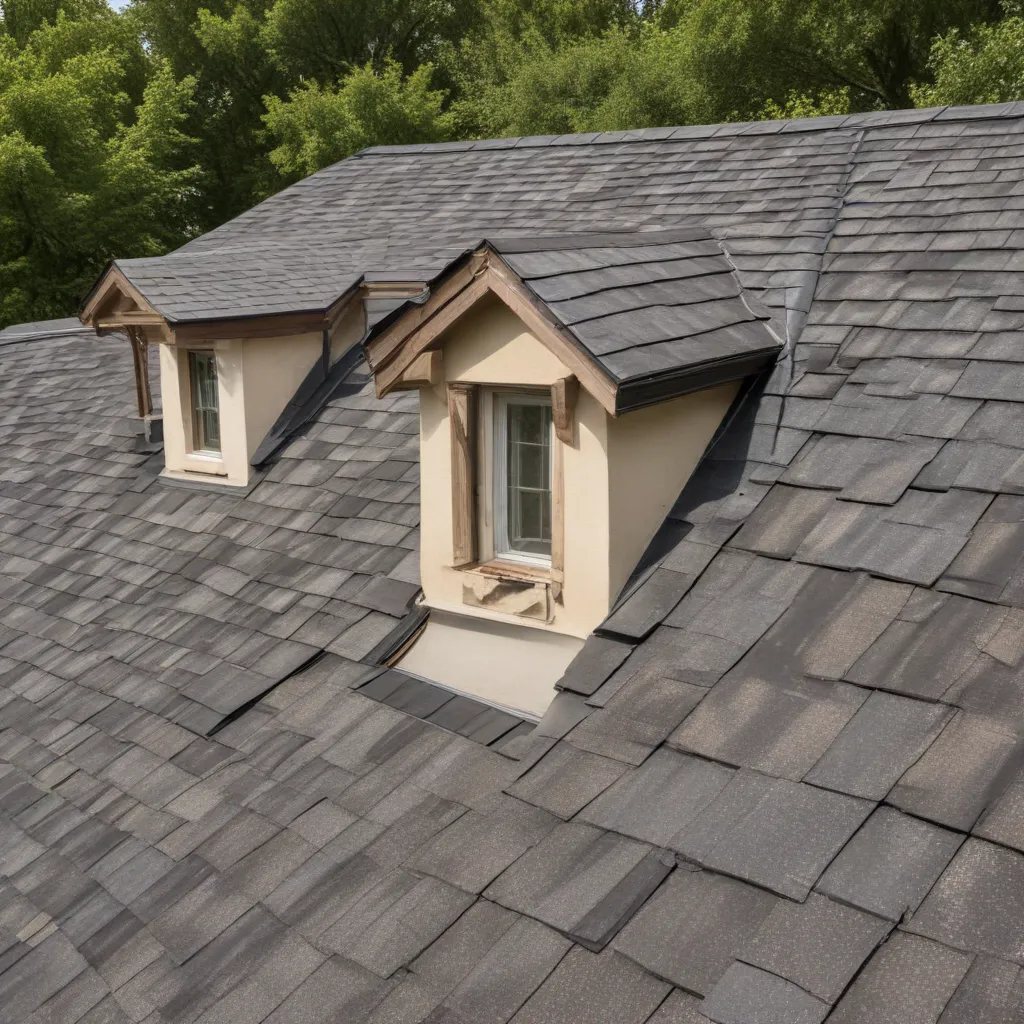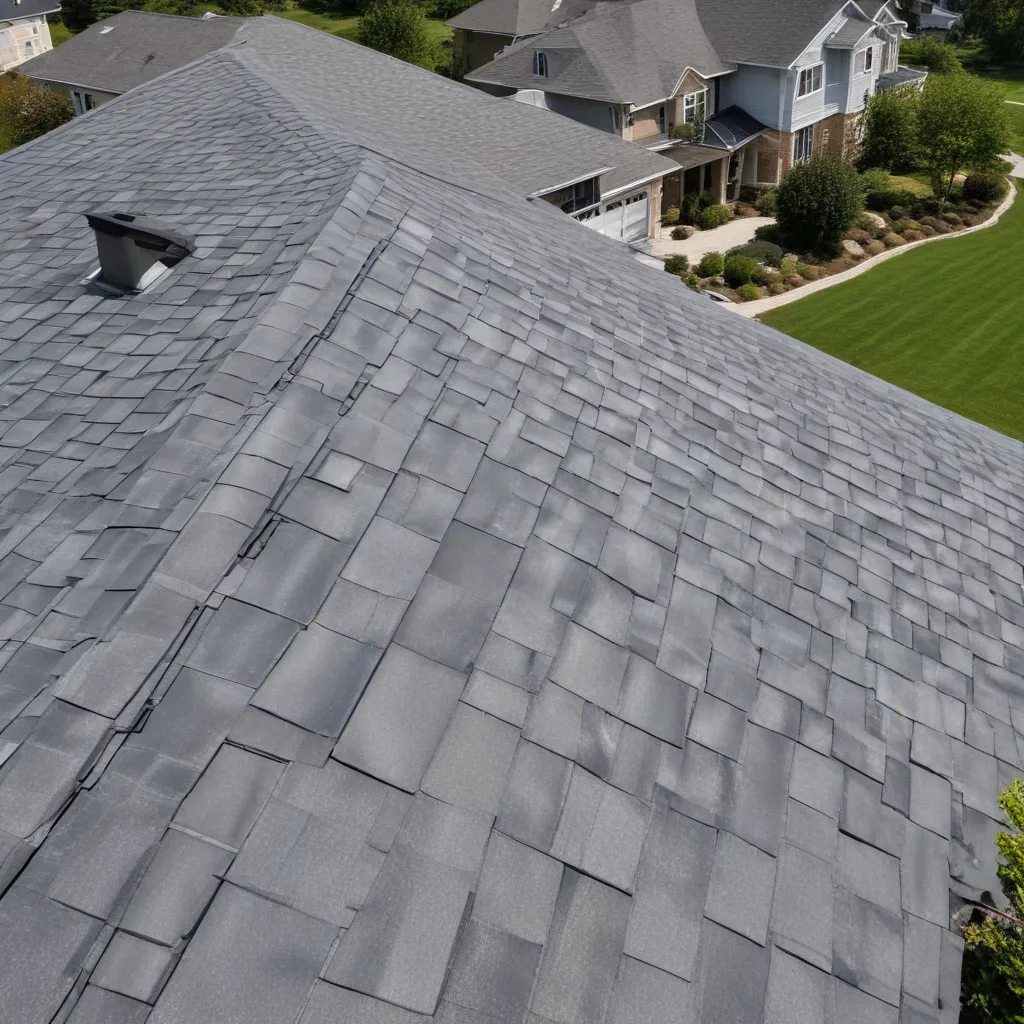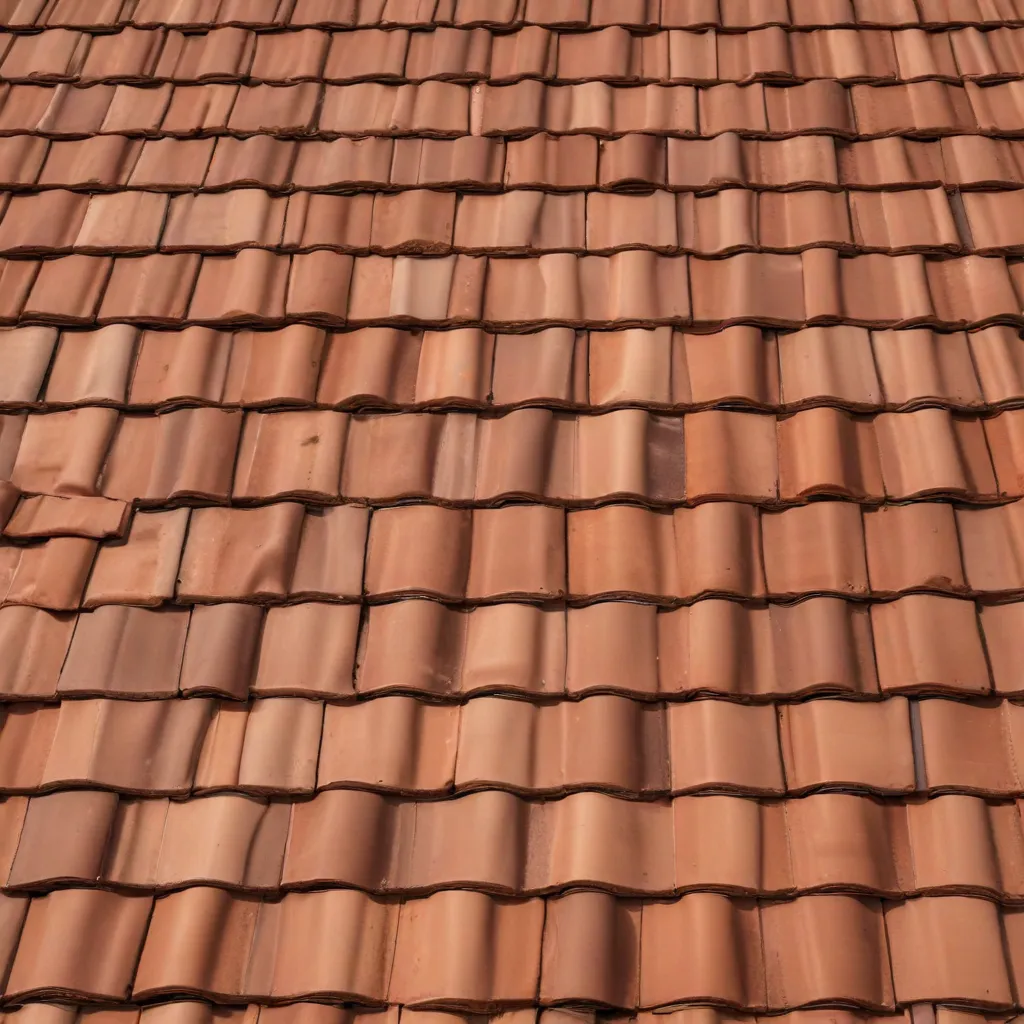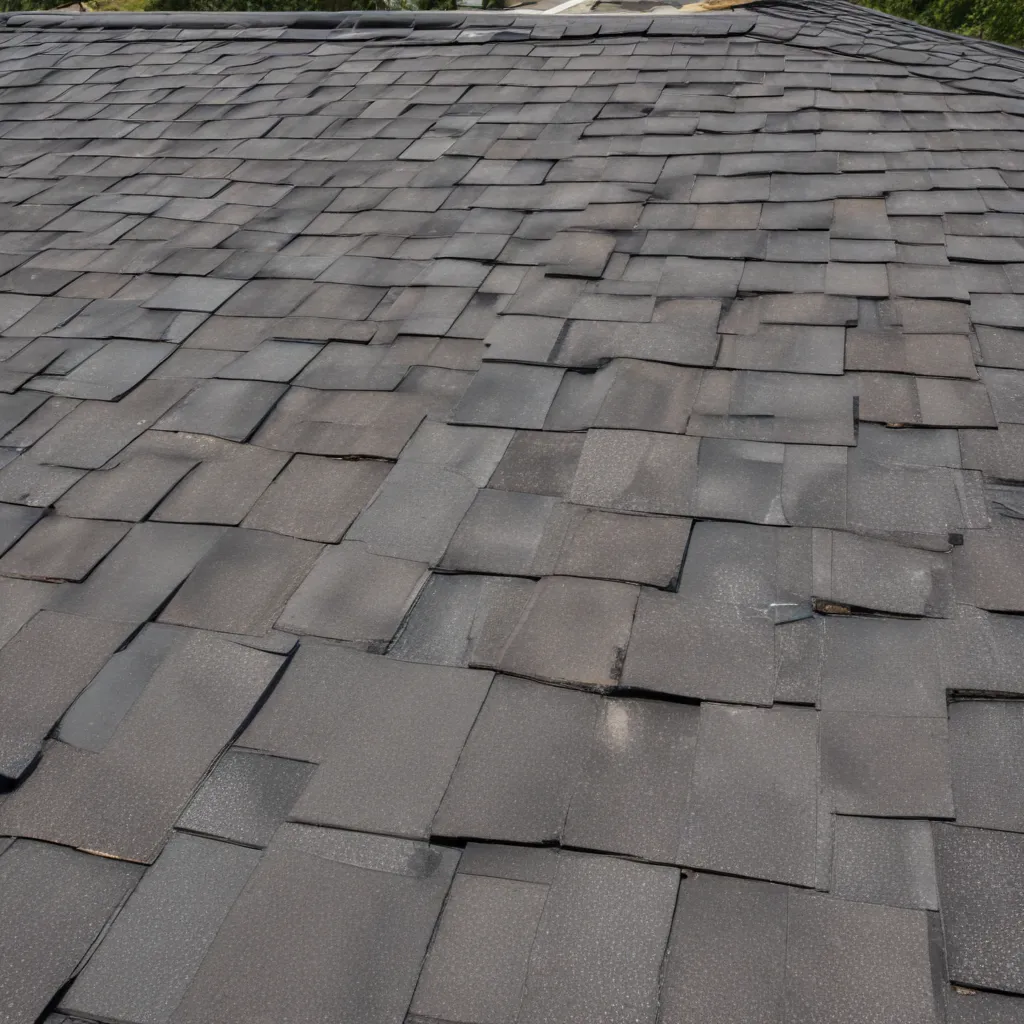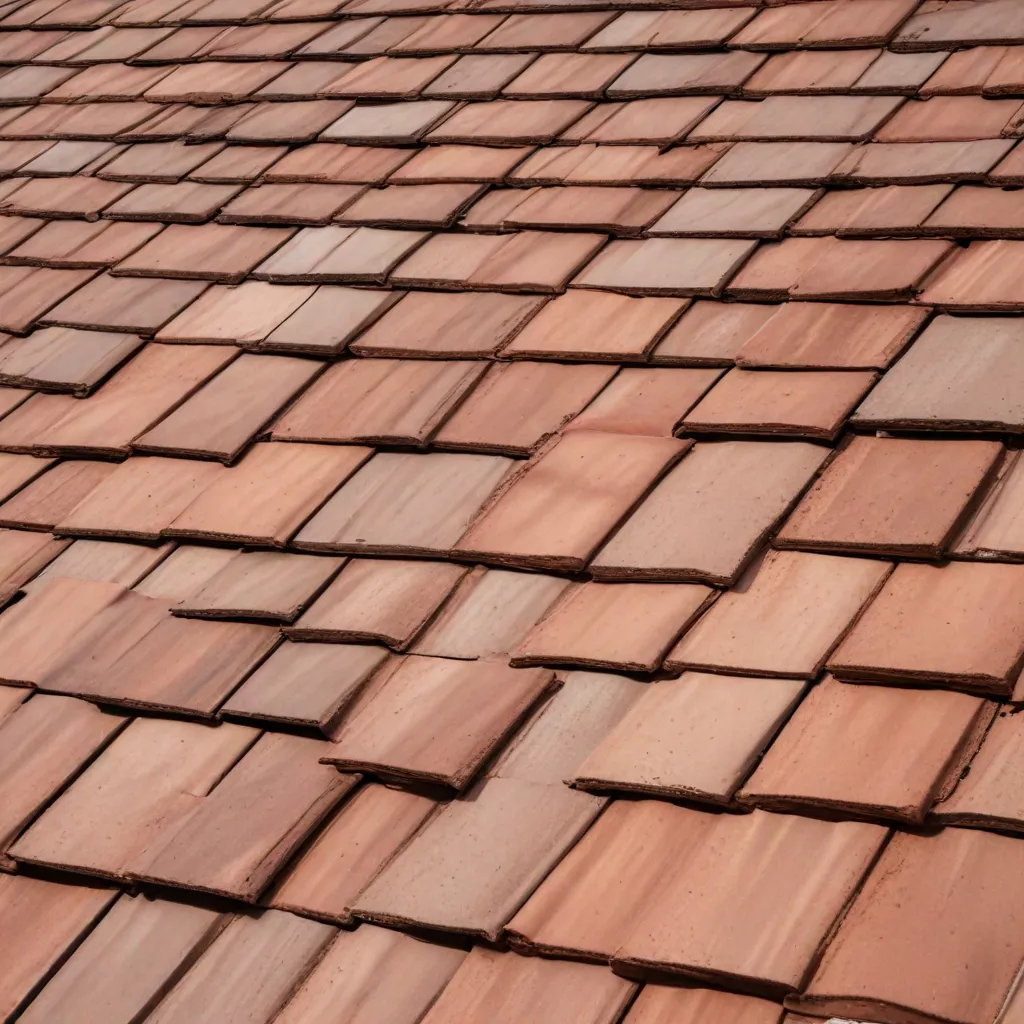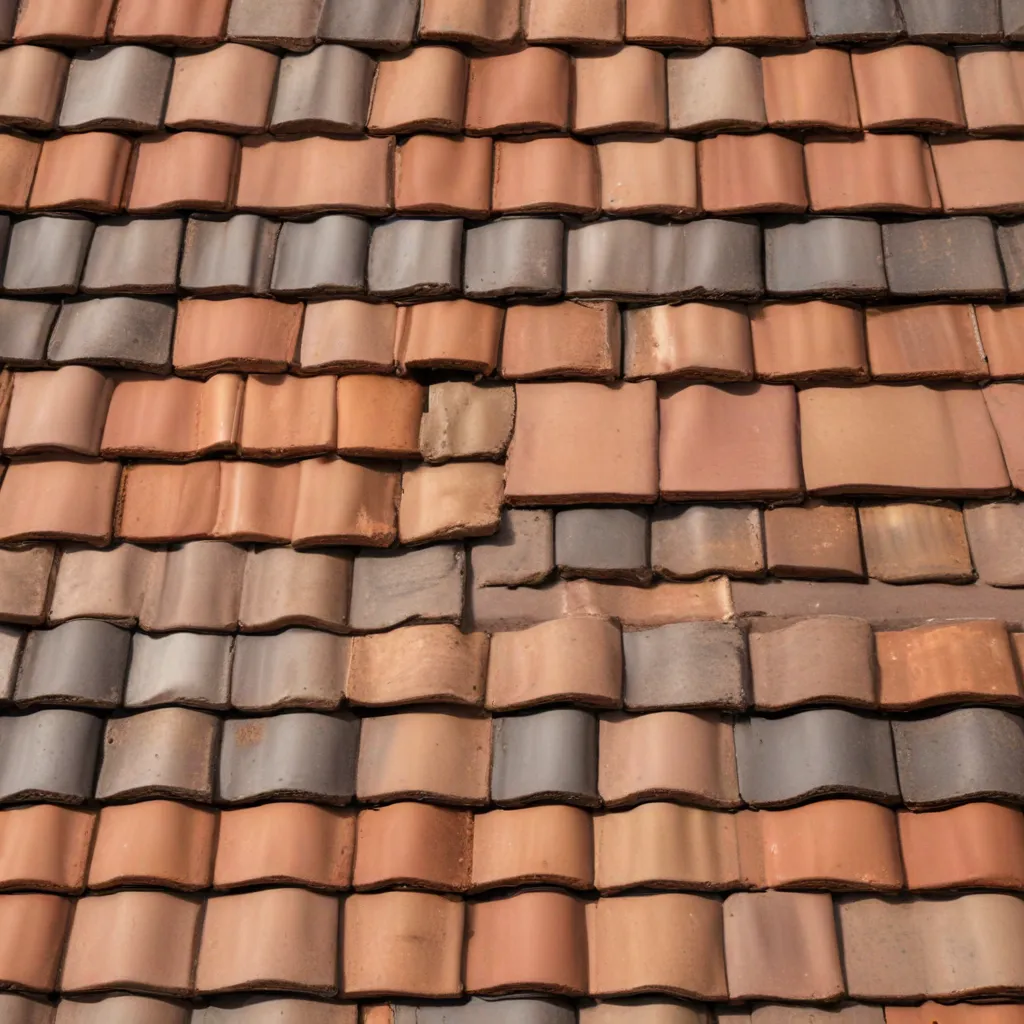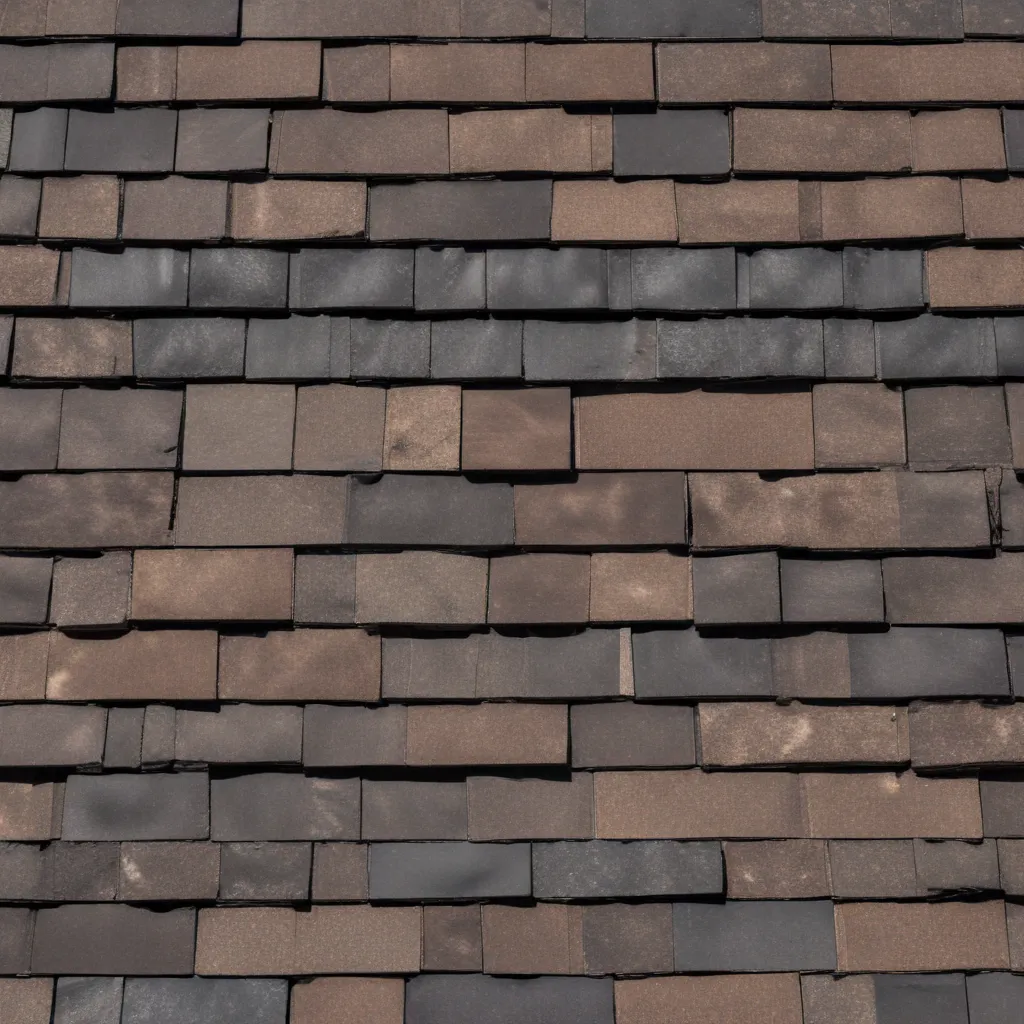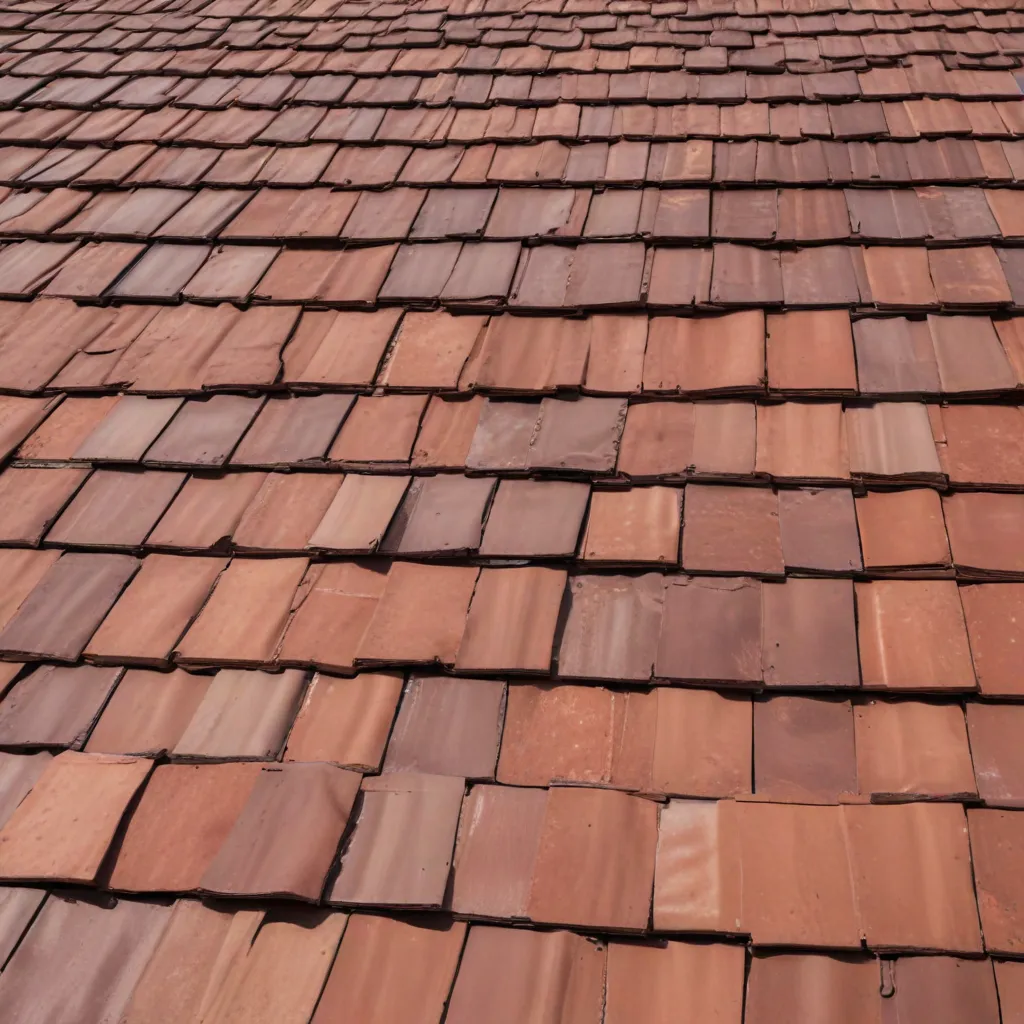In today’s rapidly advancing world, innovation is not limited to just technology and gadgets; it extends to various industries, including roofing. The specific roof system has emerged as a groundbreaking solution that redefines the future of roofing. With its unique and innovative features, this system offers unparalleled benefits in terms of durability, energy efficiency, and sustainability. In this article, we will dive deep into the specific roof system, exploring its remarkable features and why it is poised to transform the roofing industry.
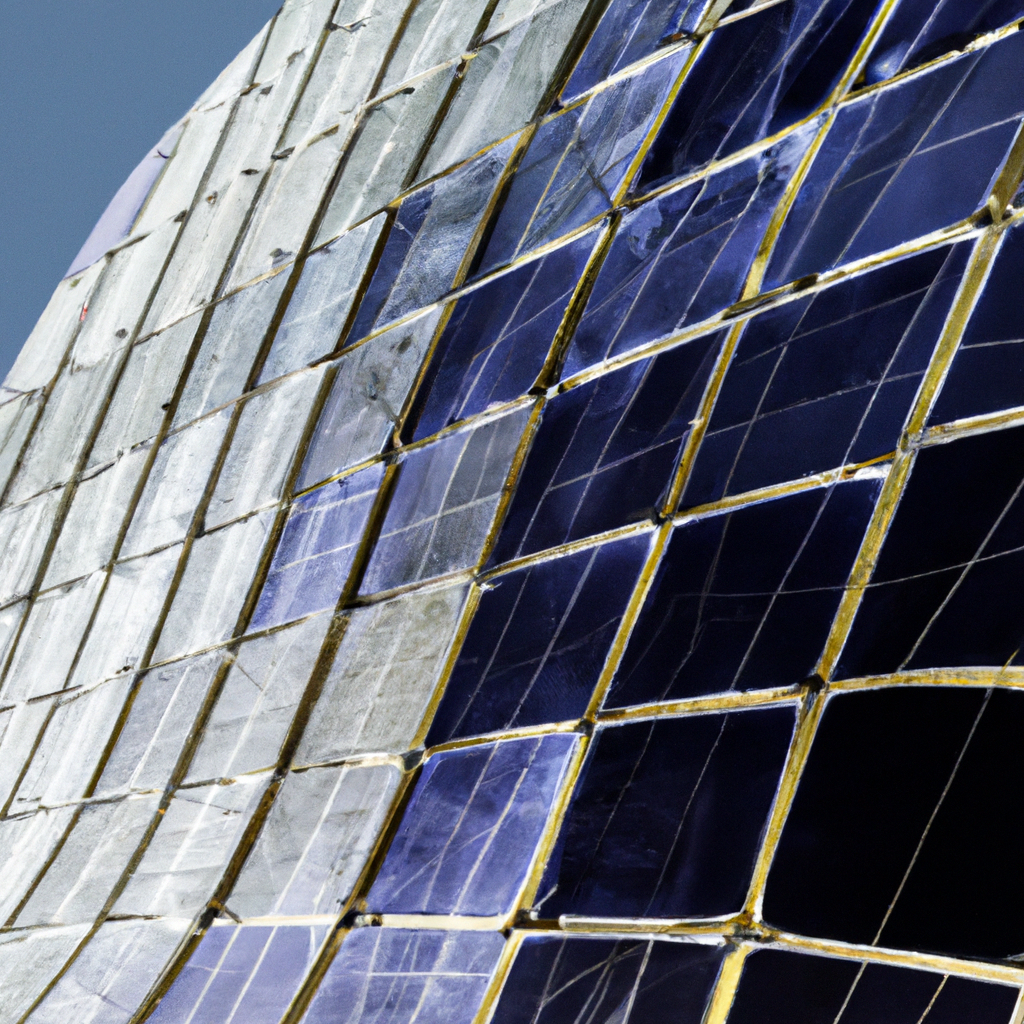
The Evolution of Roofing: A Brief Overview
Roofing has come a long way since its early days. From traditional thatched roofs to modern shingles, the industry has witnessed significant advancements. However, with the increasing need for more efficient and sustainable solutions, roofing technology has been pushed to its limits. This is where the specific roof system enters the picture.
Unparalleled Durability: The Backbone of the Specific Roof System
One of the key features that sets the specific roof system apart is its exceptional durability. Traditional roofing materials often succumb to the harsh effects of weather, including heavy storms, UV radiation, and temperature fluctuations. However, the specific roof system is specifically designed to withstand these challenges.
The secret behind its durability lies in the advanced materials used in its construction. The specific roof system incorporates high-quality components that are resistant to corrosion, impact, and other forms of damage. This ensures that the roof remains intact and functional for an extended period, reducing the need for frequent repairs or replacements.
Energy Efficiency: Reducing Environmental Footprint
In an era where sustainability is of utmost importance, the specific roof system shines as an energy-efficient solution. Its innovative design and materials contribute to reducing the overall energy consumption of a building. By effectively insulating the structure, it minimizes heat transfer, thus reducing the reliance on artificial heating or cooling systems.
Furthermore, the specific roof system employs cutting-edge technology to harness renewable energy sources. Integrated solar panels and solar reflective coatings enable the roof to generate clean electricity while reducing the carbon footprint of the building. This not only benefits the environment but also provides long-term cost savings for the property owner.
Sustainability: Building a Greener Future
The specific roof system takes sustainability to new heights. Its components are crafted from recycled or recyclable materials, making it an eco-friendly alternative to traditional roofing systems. By reducing waste and promoting the use of sustainable resources, this system aligns with the global push for a greener future.
Moreover, the specific roof system incorporates rainwater harvesting capabilities. Rainwater runoff is collected, filtered, and stored for various purposes, such as irrigation or flushing toilets. This reduces the demand for freshwater resources and promotes responsible water management.
Enhanced Performance: Protecting What Matters
Apart from its durability and sustainability, the specific roof system also offers enhanced performance in terms of protection against external elements. Its advanced design includes features such as enhanced wind resistance, fire resistance, and noise reduction. This ensures the safety and comfort of the occupants, even in adverse conditions.
Additionally, the specific roof system is designed to be highly resistant to leaks and water damage. Its seamless construction and superior waterproofing capabilities prevent moisture infiltration, safeguarding the integrity of the building’s structure. This eliminates the risk of mold growth and potential health hazards associated with water damage.
Installation and Maintenance: Streamlined Processes
The specific roof system not only excels in performance but also simplifies the installation and maintenance processes. Its modular design allows for easy installation, reducing the time and effort required compared to traditional roofing methods. This translates into cost savings for both the property owner and the roofing contractor.
Furthermore, the specific roof system requires minimal maintenance due to its durable and resilient nature. Regular inspections and minor repairs are sufficient to keep the roof in optimal condition. This eliminates the need for frequent and costly maintenance activities, making it a hassle-free choice for property owners.
Conclusion
As we look to the future of roofing, the specific roof system emerges as a game-changer. Its innovative features, including unparalleled durability, energy efficiency, sustainability, enhanced performance, and streamlined installation and maintenance processes, position it as a leader in the roofing industry. With its ability to withstand the test of time and contribute to a greener environment, the specific roof system is set to shape the future of roofing. Embracing this groundbreaking technology will not only benefit property owners but also propel the roofing industry into a new era of excellence.

